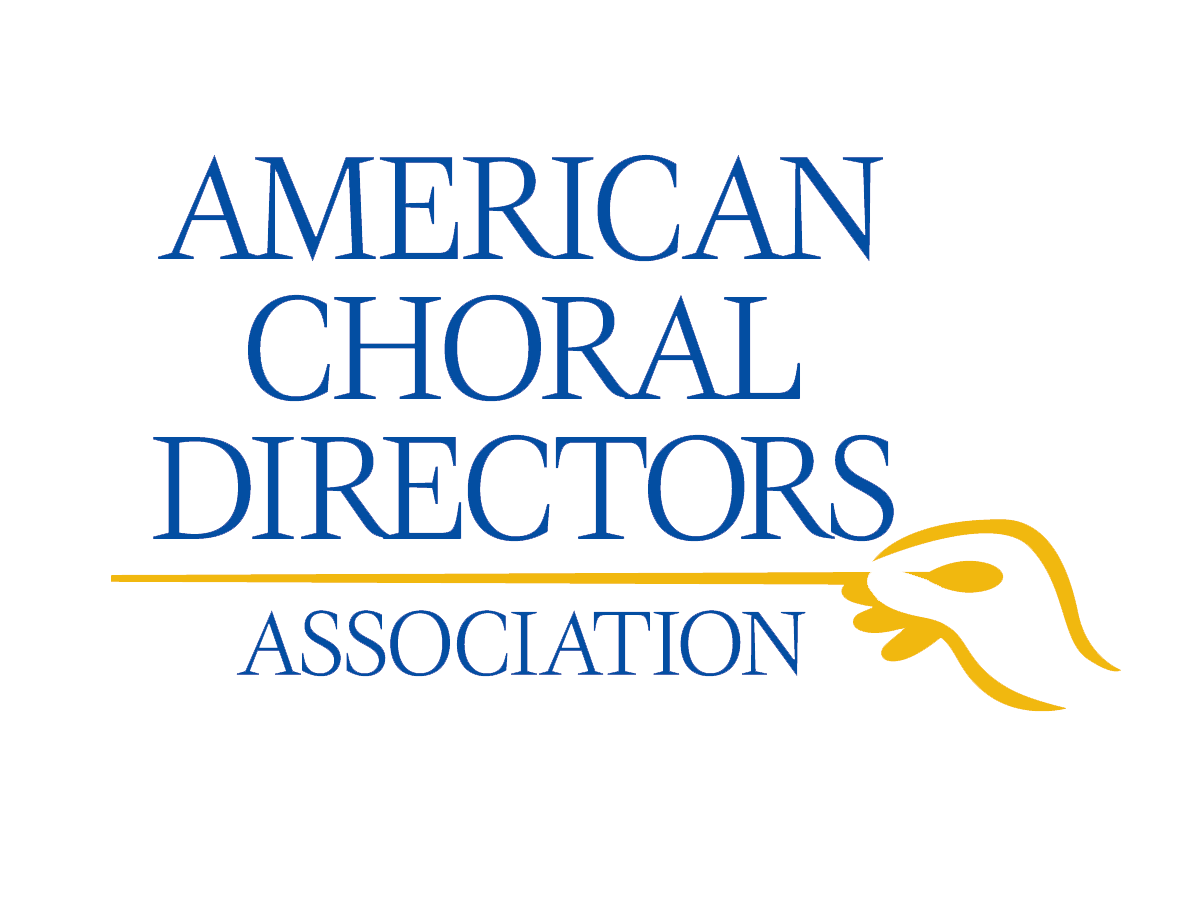This session proposes to offer some creative rehearsal strategies based upon the concept that composers often leave “musical clues” in their scores for us to discover and help bring the music to life. These clues—found in text-settings, melodic shapes, harmonies, rhythms, and even the printed expressive markings (dynamics, articulations etc.)—can be the sources that inform […]
Sample Page
Crossing the Bridge: Female Conductors of Male Choirs
This panel session will explore many aspects of the art of female leadership of an all-male ensemble. Noted and established choral professionals will share experiences and ideas from the female perspective about rehearsal technique, the male psyche, successful repertoire, concert programming, uniforms, recruiting, retention, vocal technique, professionalism, auditions, and student leadership duties and structures. The […]
Critical Thinking in the Choral Rehearsal
This session will explore methods for incorporating critical thinking skills into the choral rehearsal. Many choral directors feel intense performance pressures and assessing students in a meaningful way is not often a priority. Often, choral directors simply do not have sufficient strategies for how to make critical thinking a seamless integration into their instruction. In […]
Copyright Forum: Dallas Entertainment Lawyers Panel Session
Conducting Women’s Choirs: Strategies for Success
This session will be of interest to conductors of high school, collegiate, and adult women’s choirs and fits the themes of Advocate and Teach. The session will feature a panel of conductor/authors who have contributed chapters to a newly published book: Conducting Women’s Choirs: Strategies for Success, Debra Spurgeon, editor, GIA Publications. Each author will […]
Choral Cross Training: Exploring the Music of Non-Western Cultures with Bel Canto-Trained Singers
The presenters have a passion for performing music of non-Western cultures with choirs trained in the Bel Canto style of singing. While many are afraid that exploring the timbres produced in these pieces can harm our singers voices, we believe the opposite to be true. Our singers, time and time again, have found that they […]


